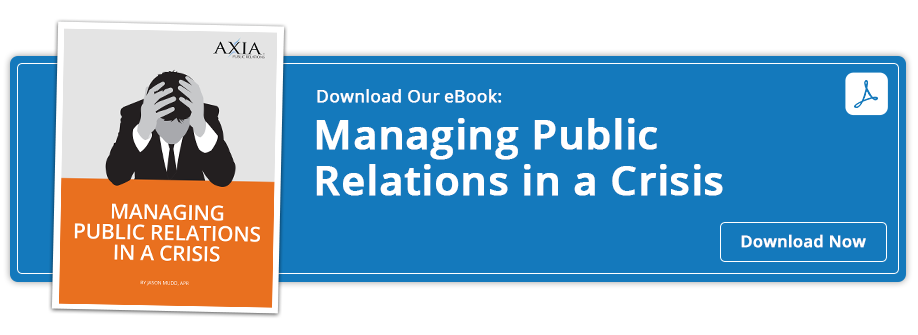After a massive data breach, a failed expansion into Canada and increasing negativity from employees, Target's recent decision to rescind the job offers of dozens of new corporate hires was the latest in a string of blunders plaguing the big-box retail store. Target recently opted to terminate 40 of its newest team members within two weeks of their expected start date – with no explanation, except that their positions were no longer available.
The Minneapolis-based, mammoth retailer should have anticipated the potential repercussions of such a decision before dismantling 40 corporate jobs without explanation. This latest flub has brought about a flurry of negative media scrutiny and speculation concerning Target’s financial performance and a potential class-action lawsuit. And worst of all, Target is sending a message that its employees (and its reputation) aren't valued.
So far Target has offered little comment regarding its decision to terminate, releasing the following statement, in part: “in light of the changing needs of our business, we have elected not to move forward with bringing [the employees] on board at this time. We apologized to each of them and communicated the decision as soon as it was made to help allow the individuals to adjust their plans.”
The company has declined on-camera news interviews and requests for further comment. It has not produced additional, more meaningful corporate statements, nor has it offered sound reasoning behind this drastic move. Moreover, the only known remedy offered to the 40 new, but "fired" employees is that those who were given relocation allowances were able to keep the money.
Big businesses must frequently make unfavorable decisions for a range of reasons. But given the vast, and often swift, impact of those decisions, businesses should always consider the potential "ripple effect."
Essentially, the ripple effect is the impact any decision has on multiple elements. In Target's case, the decision to terminate a considerable number of positions (some of which involved employee relocation) was likely due to only a few things: expected poor financial performance, legal concerns or a forthcoming change in corporate operations that will impact these 40 employees and potentially hundreds more.
Target has already made itself susceptible to scrutiny and criticism, seemingly without consideration of how its decision and lack of communication for these employees would affect the company’s image.
The news media now has a drove of disgruntled ex-Target employees to leverage as sources. And surprisingly, no one from Target seems to be concerned about the increasingly negative news reports. Should we presume that the once mighty big-box retailer is falling on serious hardship? If the company continues to fail to communicate, the negative ripple effect may ultimately impact its image, hiring efforts and even sales.
How to recover: My strategy for Target
-
Have your HR team provide remedy packages and job placement support for the employees you hired, but then "fired."
-
Communicate the benefits of the packages to the terminated employees and share these merits with the news media. Have the PR and executive team complete a training seminar on crisis communication and issue guidelines for situations such as negative earnings and unionization in stores.
-
Guide your media relationships. If disadvantageous news is surfacing, position engaging representatives in your corner to deliver it fairly and in an even-handed manner.
After a grim 18 months of corporate challenges, one can only hope that someone within the Target Corporation will pull it together. And for the record (and as a Target consumer and shareholder), I truly hope 2015 becomes a year of remedy for Target.

Topics: public relations, crisis communications




Comment on This Article